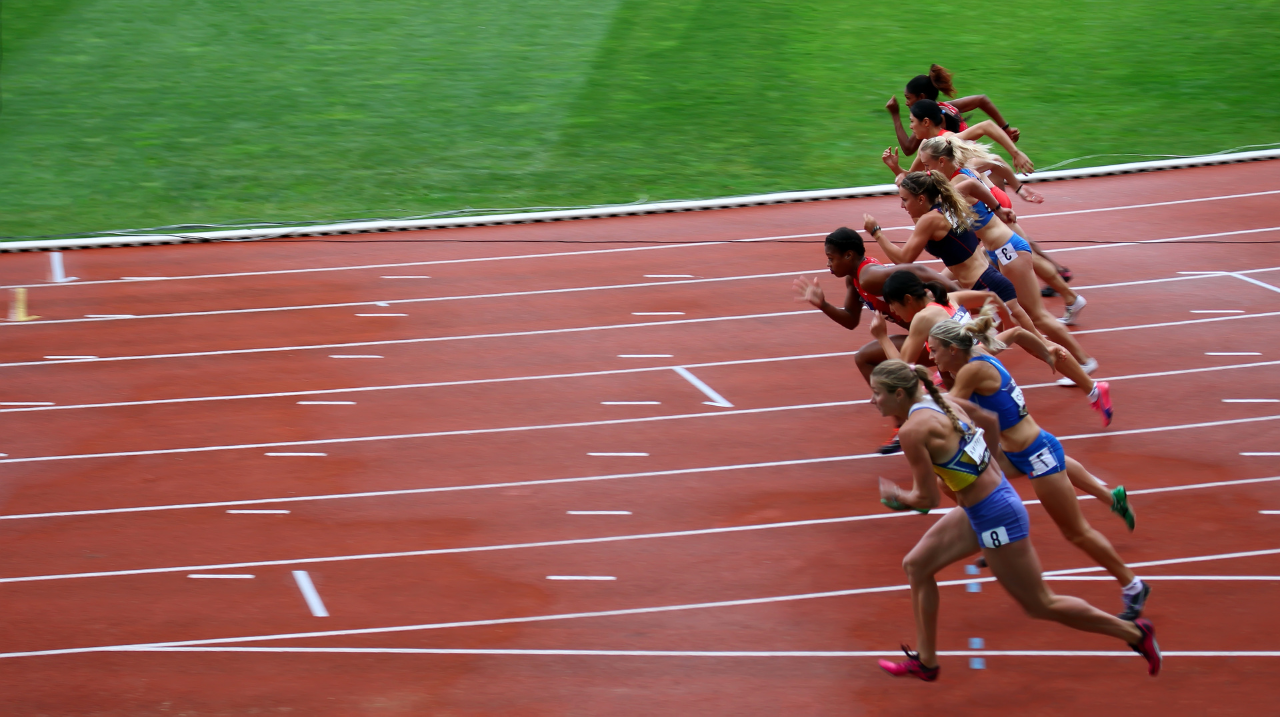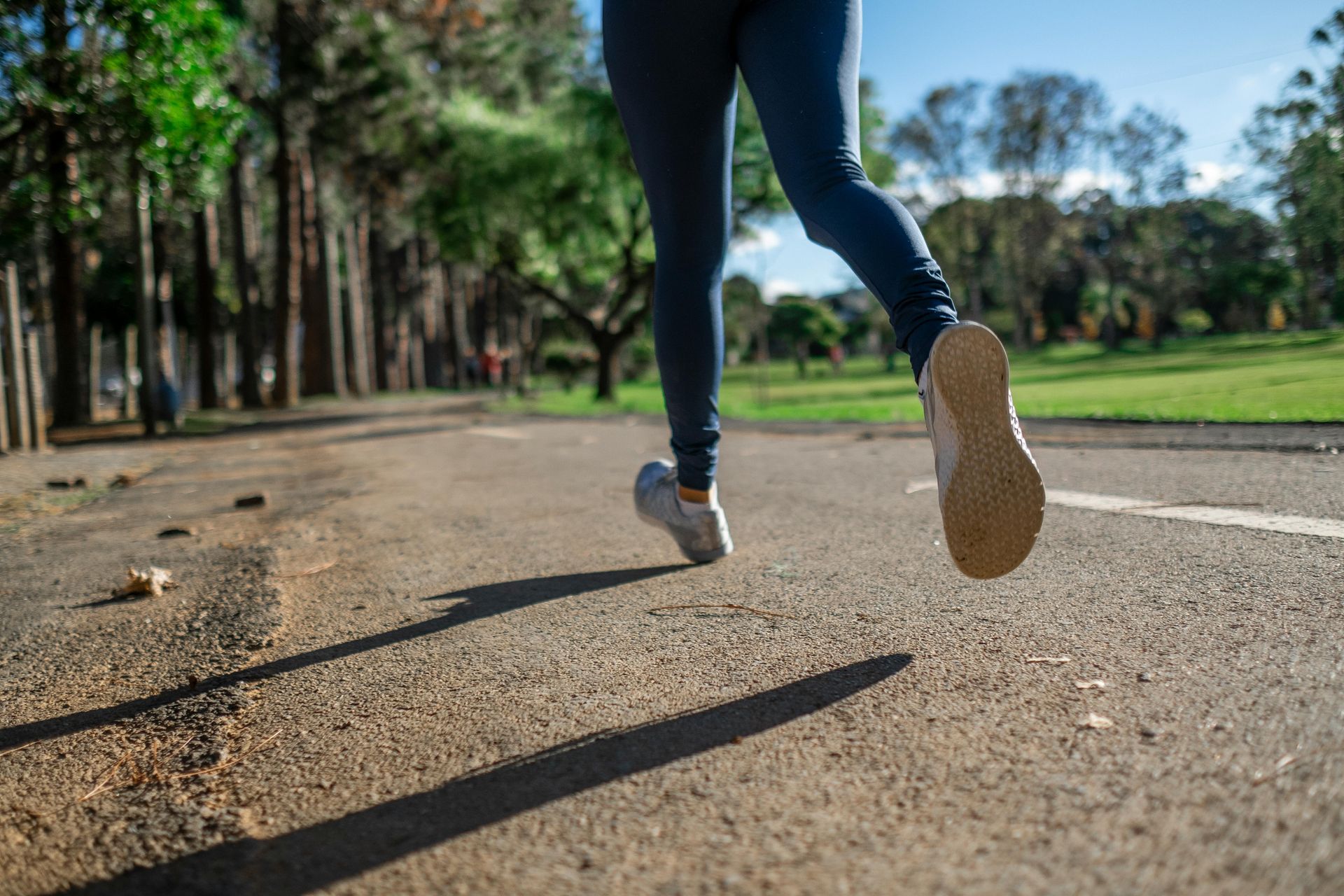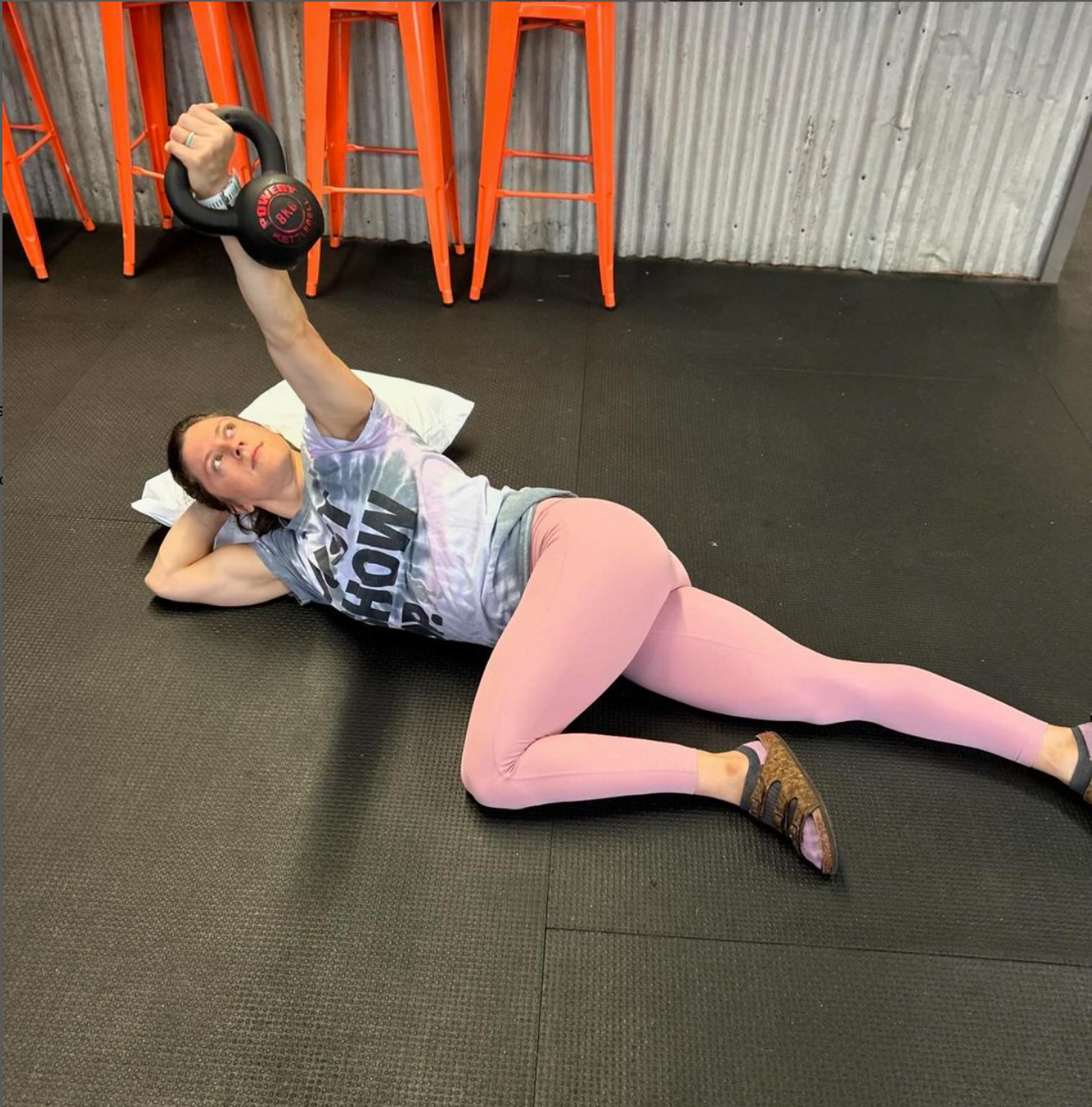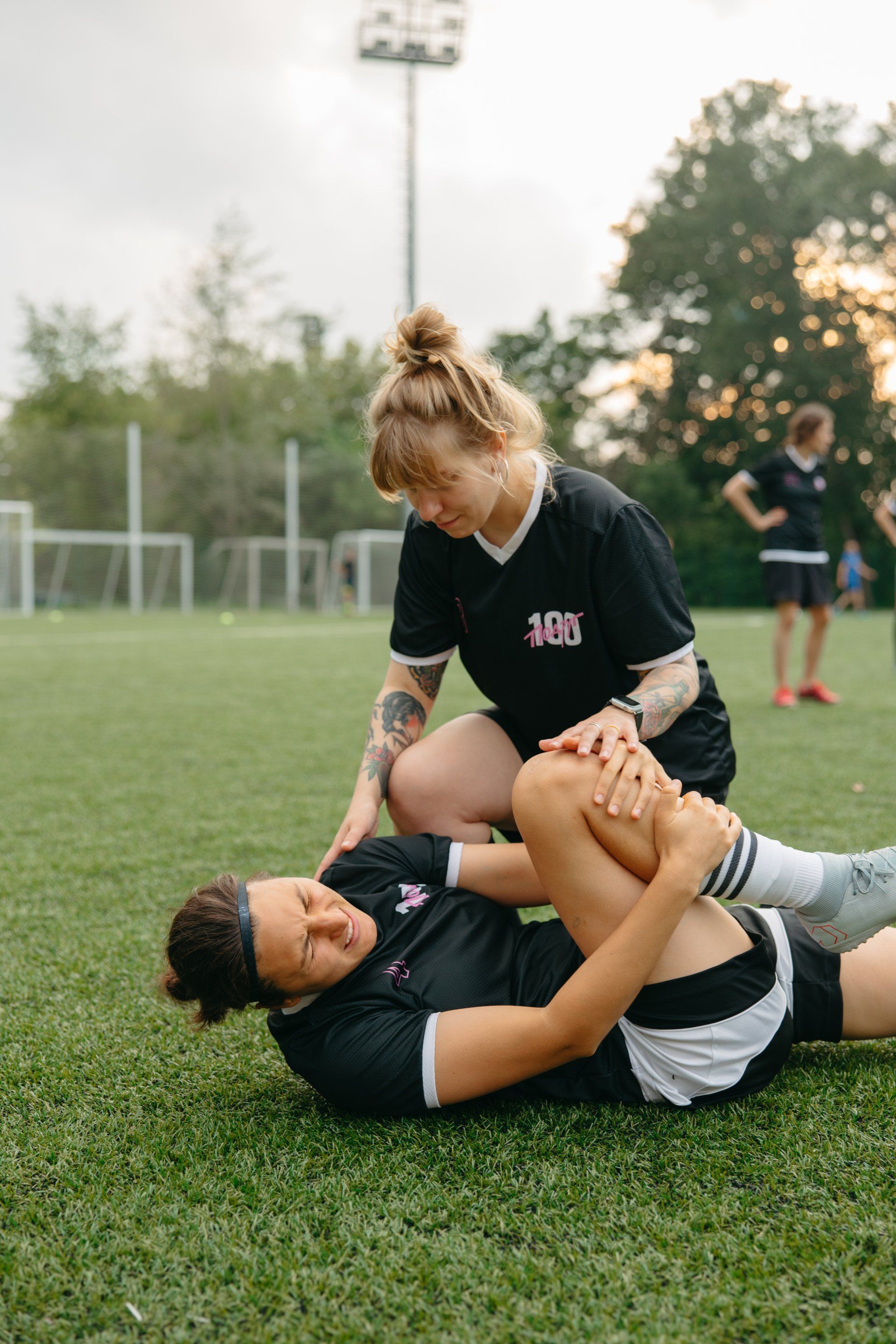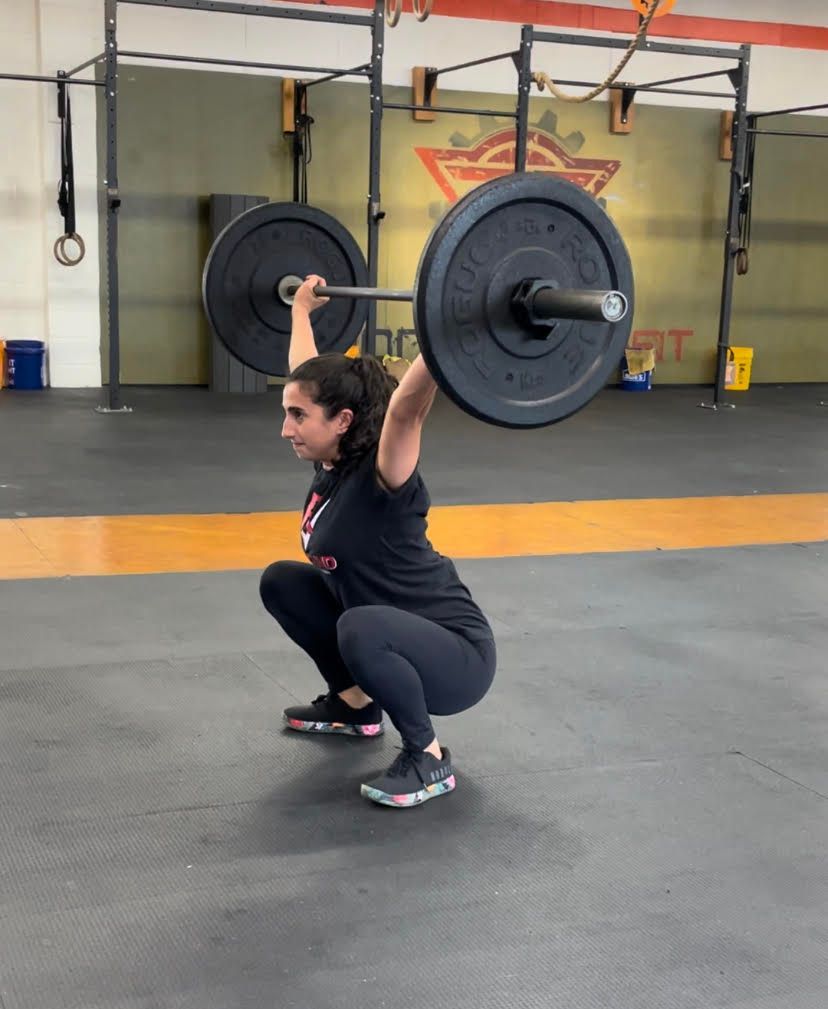Common Running Injuries & How Physical Therapy Helps Recovery
Running injuries is one of the most common diagnosis we see at Rebound PT. Whether you’re a casual jogger or a competitive racer, running injuries can be extremely frustrating and can be a major detour in your training preparation.
Thankfully, physical therapy can help runners recover faster, reduce the risk of injuries, and improve running performance.
If you're dealing with a running-related injury, Rebound Performance PT offers specialized physical therapy services to help you get back on track.
Running Injuries We Treat
1. Runner’s Knee (Patellofemoral Pain Syndrome)
Symptoms: Pain around or behind the kneecap, especially after long runs or more noticeable when going downhill.
How PT Helps: Strengthening the quadriceps and hip muscles, correcting running mechanics, and using manual techniques to reduce pain.
2. Achilles Tendinitis
Symptoms: Pain and stiffness in the Achilles tendon, particularly in the morning, going downstairs or after running.
How PT Helps: Mobility and strengthening exercises, manual therapy, extensive plyometrics and managing running tolerance to return to full running.
3. Shin Splints (Medial Tibial Stress Syndrome)
Symptoms: Pain along the inner shin, often caused by overuse or improper footwear.
How PT Helps: Gait analysis, strengthening the lower leg muscles, and adjusting training intensity to reduce stress on the shin.
4. Plantar Fasciitis
Symptoms: Heel pain, especially in the morning or after periods of rest.
How PT Helps: Manual therapy, foot strengthening, orthotics, and soft tissue mobilization techniques to relieve tension.
5. IT Band Syndrome
Symptoms: Pain on the outer knee and/or thigh.
How PT Helps: Foam rolling, hip and glute strengthening and appropriate stacking over the leg to ensure strong positions.
6. Stress Fractures
Symptoms: Deep, persistent pain in the foot or lower leg, worsened by running.
How PT Helps: Identifying biomechanical imbalances, modifying training routines, and gradually reintroducing weight-bearing exercises and progress back to full running.
7. Hamstring Strains
Symptoms: Sharp pain in the back of the thigh, often caused by sudden acceleration/deceleration or overuse.
How PT Helps: Improving running mechanics, progressive plyometrics, tolerance to strain and flexibility training to restore muscle function.
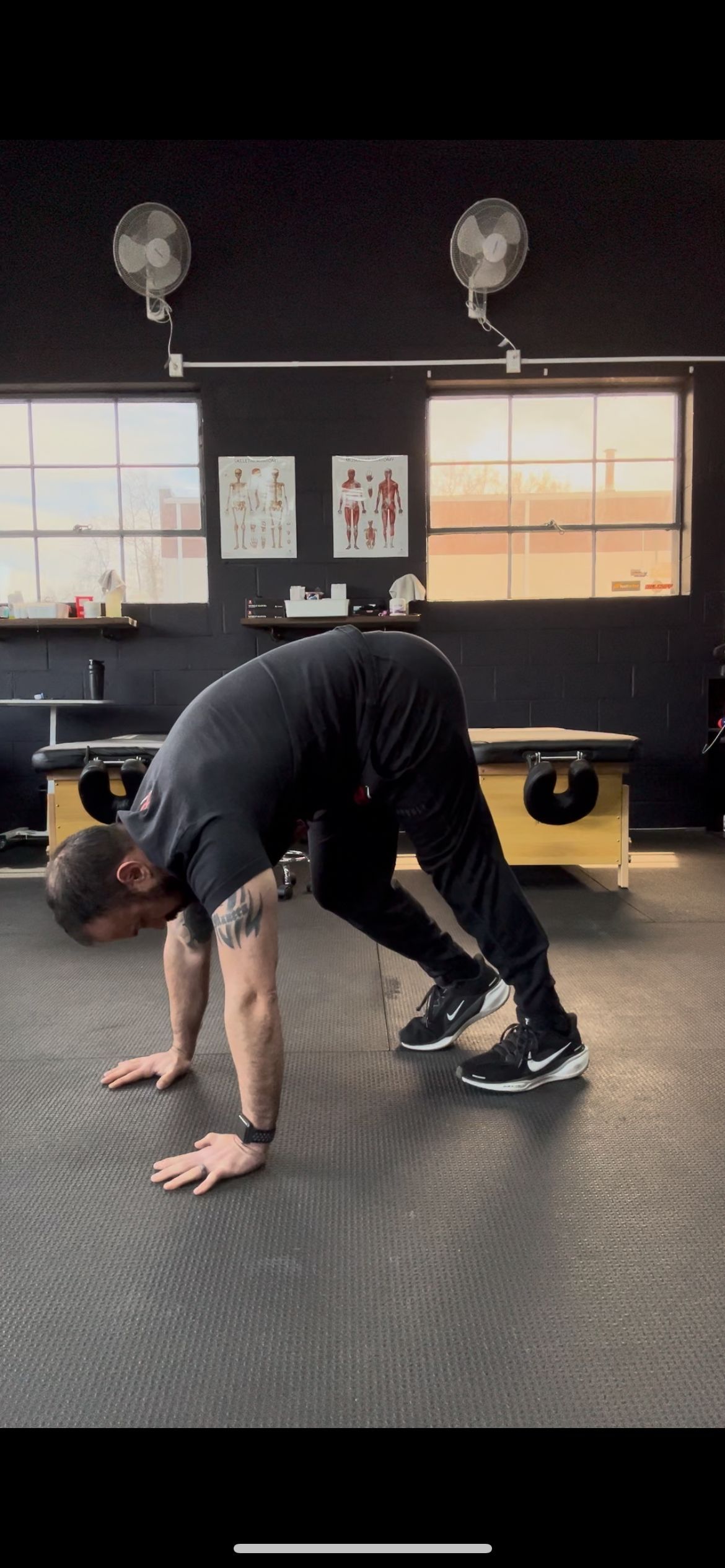
How Physical Therapy Aids Recovery
Physical therapy is a crucial part of rehabilitation for runners. Here’s a few ways it can help:
- Pain Relief: Hands-on therapy, mobility, and strengthening exercises help alleviate pain and inflammation.
- Injury-Specific Treatment: PTs tailor exercises to address each runner's unique injury and movement patterns in a timely fashion to ensure it aligns with their deadlines and goals.
- Gait Analysis & Running Mechanics: Correcting running form reduces stress on joints and muscles, reducing the risk of further injuries.
- Personalized Strength & Mobility Plans: Custom rehab programs improve flexibility, strength, and endurance.
- Preventative Strategies: Education on proper warm-ups, footwear selection, and training modifications to avoid re-injury.
Conclusion
Running injuries are very common, but they don’t have to sideline you for long. With the right physical therapy approach, you can recover efficiently and return to running stronger than before. If you're dealing with pain or discomfort, trust Rebound Performance PT to provide expert care and get you back on the road safely.
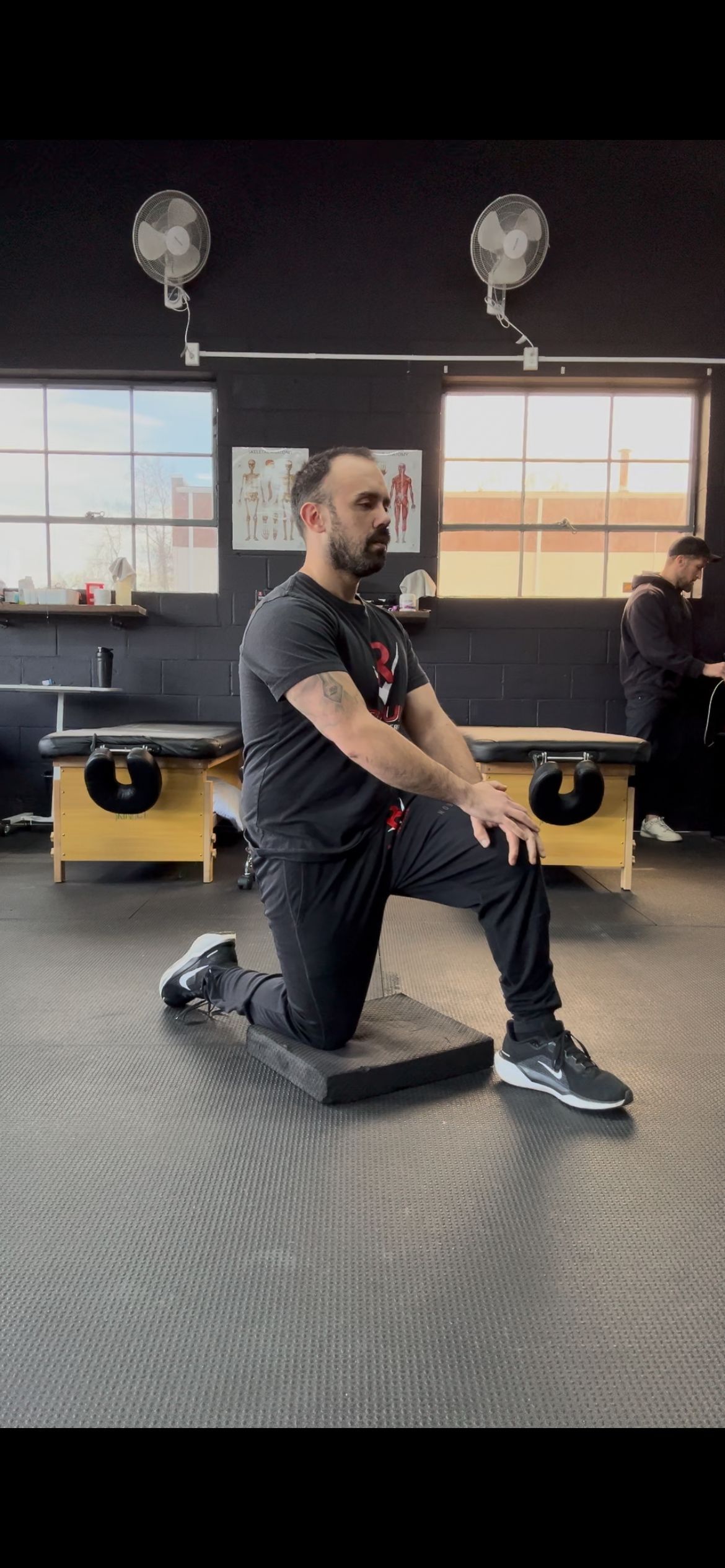
FAQs About Running Injuries and Physical Therapy
1. When should I see a physical therapist for a running injury?
If pain persists for more than a few days or affects your ability to run, it's time to seek professional help.
2. How long does it take to recover from a running injury with physical therapy?
Recovery time varies based on the severity of the injury, but most runners see improvement within a few weeks.
3. Can physical therapy help prevent running injuries?
Prevent… No. Reduce the risk, definitely. A structured PT program improves strength, flexibility, and running mechanics, reducing the risk of future injuries.
4. Do I need to stop running completely during recovery?
Not always. A PT can guide you on modifying your training while still staying active.
For expert rehabilitation and injury prevention, check out Rebound Performance PT today!



